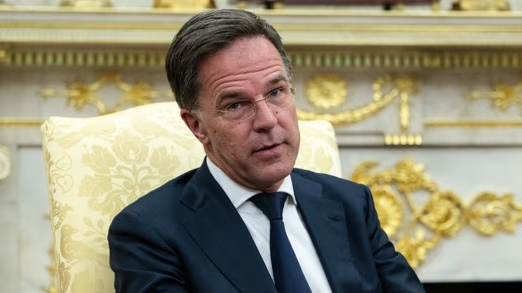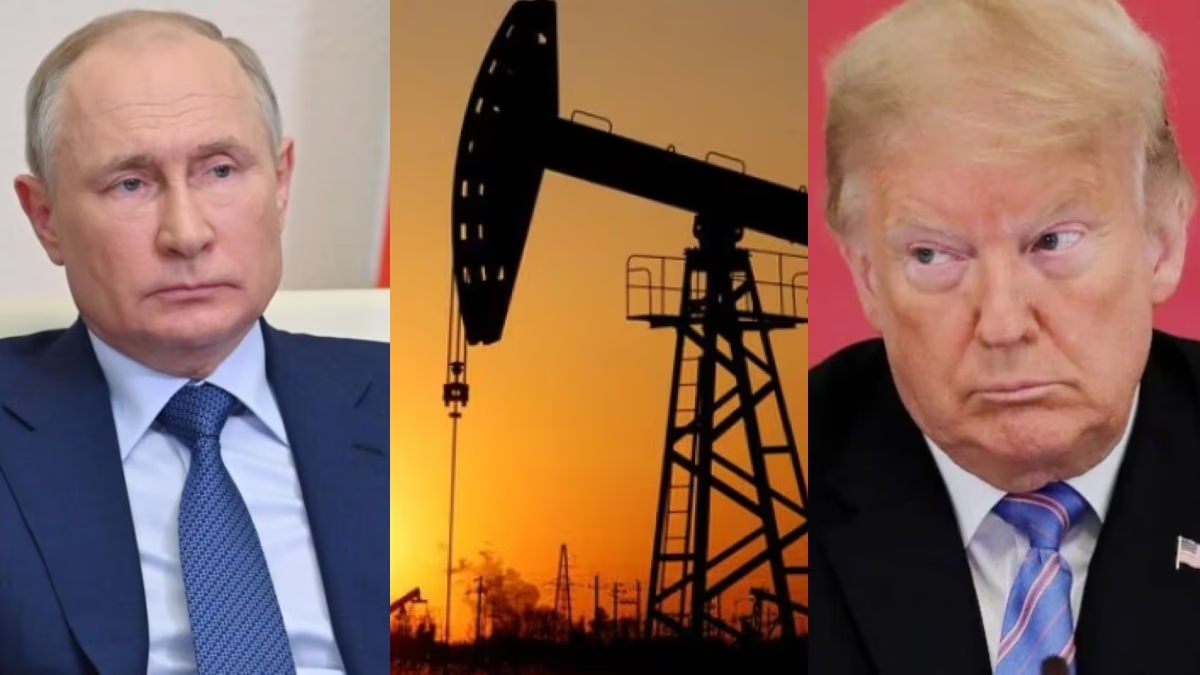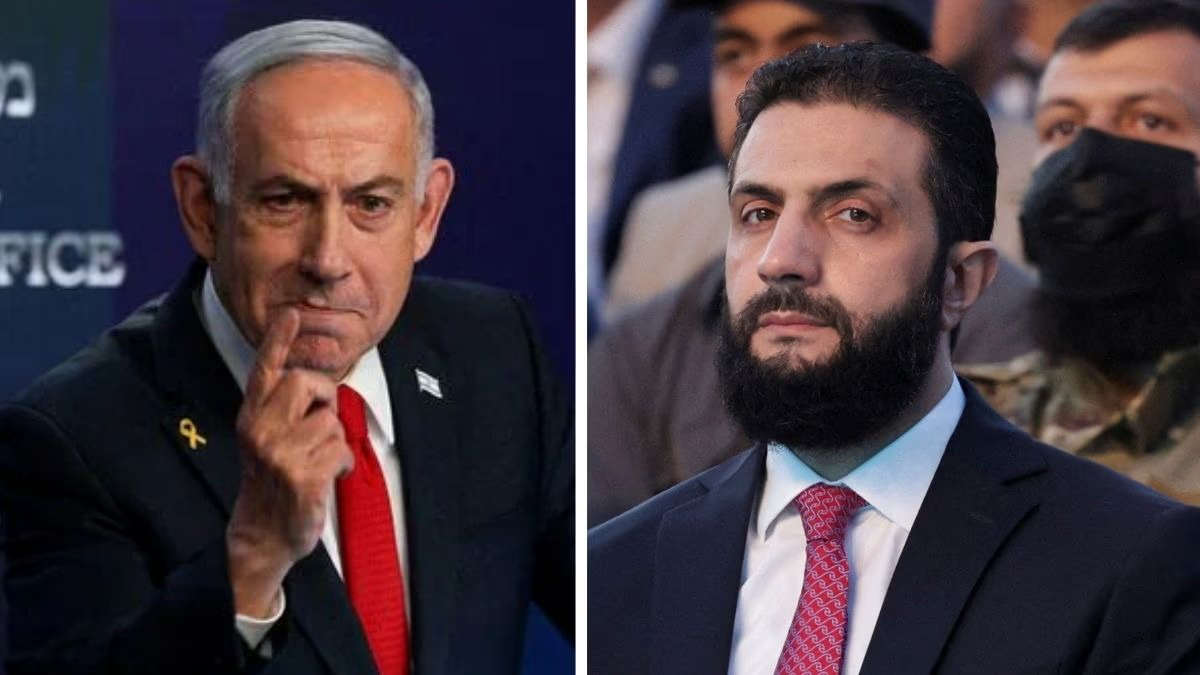NATO chief Mark Rutte has issued a stern warning of 100% severe sanctions to India, China, and Brazil for continuing their trade in oil and gas with Russia. This declaration came after Rutte met with US senators and urged Russian President Vladimir Putin to engage in peace talks.
The question remains, why would NATO, a military alliance, threaten a sovereign nation like India regarding its trade policies? Rutte has stated that anyone in Delhi, Beijing, or Brazil should be cautious, as consequences may be severe. This threat followed the statement by then-US President Donald Trump, who proposed heavy tariffs on countries trading with Russia, yet Europe itself continues to buy oil from Russia. Why then is India being targeted?
NATO's Role Is Military, Not Trade
NATO is primarily a military alliance concerned with collective security rather than global trade regulation. Rutte's threat to India is beyond his jurisdiction. India has no connection with NATO, and yet his statement aligns with Trump's policies. Trump views BRICS nations as opponents of U.S. policies and sees their currencies as threats to the dollar. Could Rutte's statement be under Trump's influence? This question naturally arises.
India Requested to Push for Peace?
Rutte urged India to pressure Putin into peace talks, ignoring India's peaceful efforts. Prime Minister Narendra Modi has repeatedly emphasized that this is not the era of war. With a balanced stance in the Russia-Ukraine conflict, Modi reached out to Putin and US President Joe Biden in 2024, even visited Ukraine. Why then should India be lectured?
The Threat of Sanctions and Double Standards
Buying affordable oil from Russia is India's economic decision, crucial for energy security. Rutte’s warnings reveal a Western strategy to pressure India, despite Europe purchasing oil from the same source. In the third year of the Russia-Ukraine conflict, Europe has only cut its import of Russian oil by 1%. So why target India?
Is BRICS the Target?
Rutte's remarks came right after the BRICS summit in Brazil. The growing strength of BRICS and talks of an alternative to the petrodollar are unsettling Western nations. This threat seems more like an attempt to restrain BRICS’s rising influence than promoting peace.
India's Policy Needs No Scrutiny
India sources oil from Russia, the Middle East, Africa, and the USA to meet its energy needs. Russian oil, being economical, helps stabilize domestic prices. This is India’s practical approach, not to be altered at Western discretion.
NATO Overstepping its Bounds
NATO's interferences in India's trade policy breaches diplomatic boundaries. Rutte's statement is not only disrespectful but delivers the wrong message by the wrong person. India has always prioritized its independent foreign policy, as emphasized by Foreign Minister S. Jaishankar, who states that India needs partnerships, not lectures. NATO and Rutte should comprehend that India works towards energy security and peace without succumbing to external pressures. This threat is not only misplaced but challenges the sovereignty of an independent nation.




